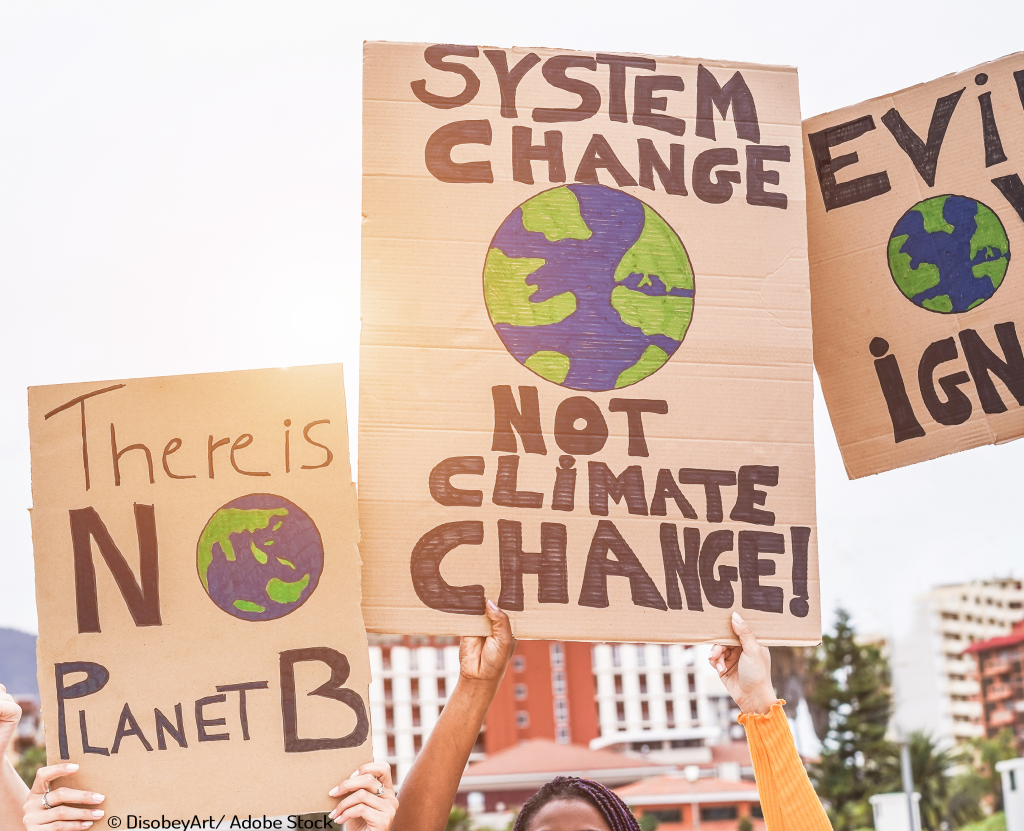
‘’WE ARE LOSING THE FIGHT AGAINST CLIMATE CHANGE’’
“The summary findings are bleak,” it says. “Countries collectively failed to stop the growth in global greenhouse gas emissions, meaning that deeper and faster cuts are now required.”
There’s no nice way to say it – we’re just not doing enough to tackle carbon emissions.
The UN Environment Programme is blunt, and critical. It warns that countries will have to increase carbon-cutting efforts dramatically – five-fold – or we’ll fail to prevent the world from increasing in temperature by more than 1.5C. It highlights the richer nations which it says have failed to do it quickly enough and that 15 of the 20 wealthiest have not even bothered to develop a timeline for a net-zero target.
To put it into perspective, the Intergovernmental Panel on Climate Change warned that allowing temperatures to rise more than 1.5 degrees this century would have hugely damaging effects for human, plant and animal life across the planet. But with the emissions increase of 1.5% in the last decade alone, we’re putting the Earth on course to experience a temperature rise of 3.2C by the end of this century.
In 2018, atmospheric concentrations of greenhouse gases reached record highs – with an increase of carbon dioxide above the average rise recorded over the last decade. That’s according to a fascinating report from the World Meteorological Organisation which looked at both emissions and concentrations of warning gases. We know what emissions are – concentrations are what’s left when emissions have been absorbed to the best ability of the things that do that job – the oceans, forests and the land. It says concentrations of CO2 in 2018 was above average for the last 10 years.
Not only is CO2 above the “pre-industrial” level (147% above it in fact) but so is methane (259%) and nitrous oxide (123%). What concerns scientists is the overall warming impact of all these increasing concentrations. Known as total radiative forcing, this effect has increased by 43% since 1990, and is not showing any indication of stopping.
WMO Secretary-General Petteri Taalas said: “There is no sign of a slowdown, let alone a decline, in greenhouse gases concentration in the atmosphere despite all the commitments under the Paris agreement on climate change. We need to translate the commitments into action and increase the level of ambition for the sake of the future welfare of mankind. It is worth recalling that the last time the Earth experienced a comparable concentration of CO2 was three to five million years ago. Back then, the temperature was 2-3C warmer, sea level was 10-20m higher than now.”
For years Leonardo di Caprio has been mocked for talking about climate change while flying to conferences and the like on his private jet, but it’ll be interesting to see what impact the new wave of celeb endorsements for action have on policy making.
As people become more conscious of their impact on the planet, and actively choose to support brands which match their ambitions, there will be pressure on companies to show they’re not only being seen to do the right thing, but actively helping. Take Coldplay which announced it’d be pausing its tour for the new album while they take “time over the next year or two, to work out how our tour can not only be sustainable but how can it be actively beneficial.” And Billie Eilish is banning plastic straws at her concerts and creating eco-villages at each show where fans can learn about how they can help make a difference.
We saw earlier in the year during the European elections that green parties enjoyed their strongest ever showing. They collectively won 71 seats, up from 52 the last time which gives them far greater power in a fragmented parliament. While in our divisive Brexit-led political debate, there may not be much room for the Green Party to make an impact, the environment has been debated at length with Channel 4 broadcasting the first election debate solely focused on the climate emergency.
Things are changing – the only question is, will it happen fast enough?


